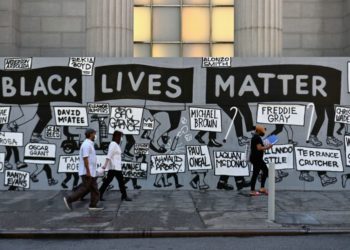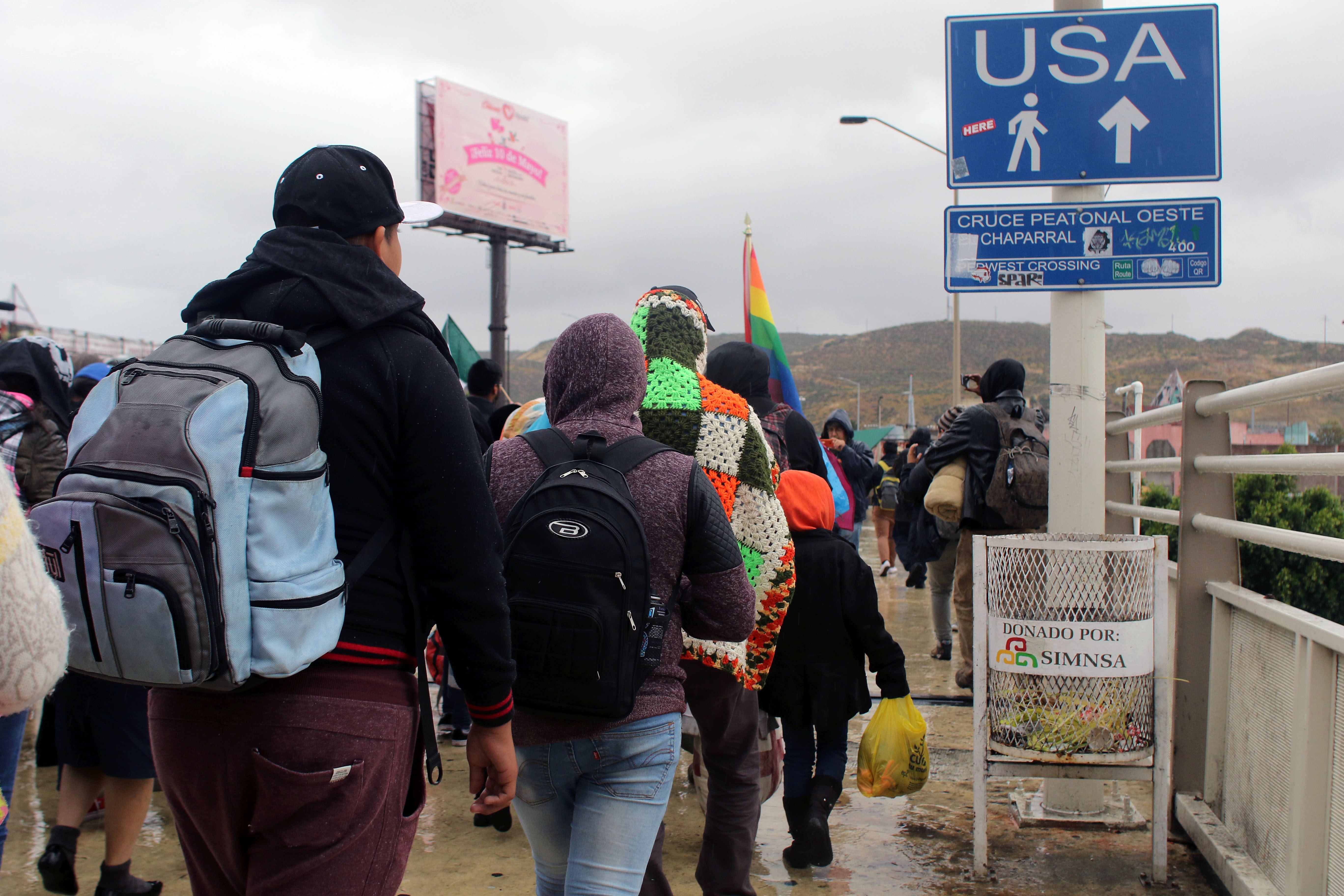For hundreds of years, the United States has applied Montesquieu’s idea about the division of powers into three branches of government: the executive, the legislative, and judicial, creating an effective system of checks and balances to temper tendencies towards the tyranny of the majority or despotic rule.
The current attacks against immigrants by the executive and backed up by Republican legislators can only be held in check by the legislative, a change of elected officials, or social movements.
The impending decision of the Supreme Court regarding DACA will be a real test about the division of powers and about whether the court holds to its own principles or if it will follow Donald J. Trump’s demands, resulting in the deferment of the two other branches of government to the capricious designs of the executive.
Story Behind DACA
In 2007, Barack Obama campaigned as a candidate in favor of immigration reform. However, after Democrats lost the majority in both legislative houses two years into Obama’s presidency, it became impossible to push immigration reform without Republican support.
Obama directed the Department of Homeland Security and thus border patrol, customs, and immigration control to increase deportation of immigrants with criminal records while deprioritizing women and children. With these efforts, Obama tried to gain Republican support for comprehensive immigration reform.

Nonetheless, local agreements between local police forces and immigration officials that started during the presidency of George W. Bush, as well as new arbitrarily high deportation quotas and official discretion, led to the deportation of hundreds of thousands yearly during the Obama administration.
The Latino, Asian, and immigrant vote were essential for Obama’s 2008 election and re-election in 2012. Furthermore, organized immigrant youth and advocates around the country engaged in public demonstrations and acts of collective civil disobedience to call attention to the exclusion of people that “were American in all but papers.”
DREAMers and DACA
The mobilization by undocumented migrants who arrived in the United States as children, the so-called DREAMers, was effective in winning broad support among the public. While Republican representatives were not persuaded, DREAMers pushed Obama to announce the Deferred [Deportation] Action for Childhood Arrivals (DACA) seven years ago.
DACA is a presidential directive that provides official protection from deportation and work permits to those who arrived as minors and are enrolled in college or the military. Research shows that this program has been beneficial. DACA recipients are net contributors to their states and the country. Given that DACA helps an educated population deeply embedded in the community, it is good policy to support the advancement and integration of this group and their families to avoid the creation of a marginalized underclass.
Is DACA Constitutional and Legal?
Many ask whether DACA is constitutional. Citizenship is mainly mentioned in the constitution regarding qualifications to hold an elected office. The bill of rights talks about “the people,” but it does not specify whether the rights it establishes apply only to U.S. citizens. It states that “no person” should be unduly oppressed by the state. The language can be interpreted as applying to any person living in the United States.
Now, who qualifies as a full person has differed through history expanding to include blacks, women, naturalized immigrants, and foreigners. Some judgments and legislation have explicitly spoken against discrimination in the application of the law regardless of race, ethnic origin, or citizenship.

Nonetheless, we should not see the constitution as a perfect document with solutions to all our current dilemmas. We can work in the present day to embody the highest principle of the enlightenment that inspired the founding fathers.
Is DACA legal? It is because it is within the powers of the president and the jurisdiction of the state, yet its survival is not only a legal question but also a political one. Not long ago, representatives in both parties agreed on the importance of migrant labor the agricultural sector, in granting asylum to people escaping political and religious persecution and war, and in keeping America as a land of opportunity and new beginnings. Unnecessarily, this issue has become a partisan one.
DACA’s Legal Proceedings
While on the campaign train, Trump promised to dismantle DACA. Eight months after taking office, Trump announced the rescission of DACA. However, the policy remains. Courts halted the repeal, questioning the reasoning offered by the Trump administration for canceling the program.
The 4th Circuit Court of Appeal had ruled that the Trump administration’s September 2017 rescission of DACA was unlawful. The executive asked the Supreme Court to reverse lower court opinions that have blocked the administration’s attempts to rescind the program. It is still unknown whether the Supreme Court will take up a case for next term concerning the phase-out of DACA.
Here is my promise: As President I will:
protect the undocumented
pass comprehensive immigration reform
reinstate legal status for DACA recipients and their parents
— Bernie Sanders (@BernieSanders) June 21, 2019
If the Supreme Court delays a decision on DACA, the program will continue, but its ultimate future will remain uncertain. DREAMers and undocumented immigrants have lived for years with the uncertainty about their rights and their ability to stay in the nation with significant political and mental health consequences.
DACA’s Future
If DACA is considered unconstitutional by the current members of the Supreme Court, many young people raised and educated in the United States will lose their jobs and face deportation.
If DACA is struck down, the Supreme Court should forbid the government from using the information provided by DACA applicants to deport them or their family members, which would further decrease trust in the government and data gathering efforts such as the decennial census. History would not be kind to an abrupt end to DACA supported by the courts and deportations based on administrative data provided to federal authorities in good faith.
Many Democratic presidential candidates have already spoken about their intention not only to continue but to strengthen DACA to create pathways for its beneficiaries to become citizens.
The courts, legislators, and voters all hold the key to the future of DACA and the lives of Americans without citizenship papers.
Disclaimer: The views and opinions expressed here are those of the author and do not necessarily reflect the editorial position of The Globe Post.























